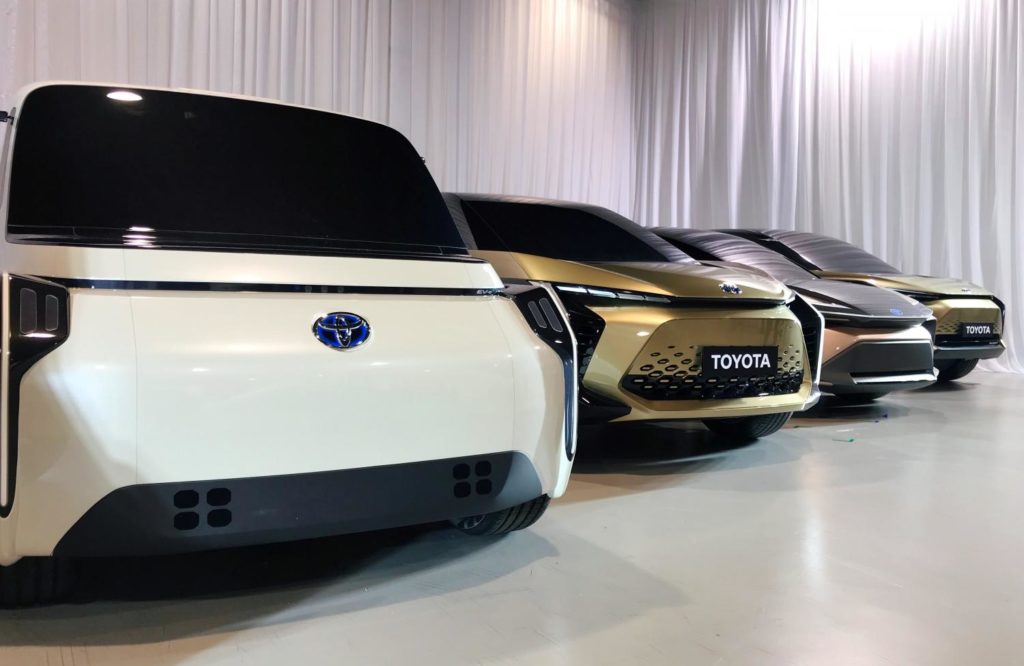New reports coming from Automotive News are suggesting that Toyota is looking for support from U.S. lawmakers for “technology-inclusive” policies for several vehicle powertrains.
Something that will surely drive the electric vehicle movement as well as Toyota’s goal of accelerating their own without actually going fully electric.
As it is pretty well know by some studies that the automaker has put out, that Toyota favors hybrids over all-electric vehicles. Toyota CEO, Kiko Toyoda even recently voiced his distain for EVs because he believes they will ruin businesses, require massive investments, and emit more carbon dioxide than combustion-engined vehicles. Regardless, the Japanese automaker has been one of the hardest working in the industry to put a dent in carbon emissions using hybrid technology.
However, government support for the accelerated adoption of fully electric vehicles is just that, support for fully electric vehicles and Toyota is apparently trying to get hybrids, hydrogen, and other powertrain technology thrown into the mix.
According to a new report from Automotive News, Director of energy and environmental research at Toyota Motor North America, Robert Wimmer explained in front of the U.S. Senate Committee on Energy and Natural Resources this week: “We agree that BEVs are an important part of the answer — but they’re not the only answer,”
Wimmer added saying “This diversity in requirements is exactly why OEMs offer a wide variety of vehicle types, styles and powertrains. It’s also precisely why multiple electrification pathways are needed to reduce carbon emissions. If we tie our horse to a single approach, many consumers will simply opt for an internal combustion vehicle.”
Wimmer continued voicing his and Toyota’s concerns about the current demand for EVs as well as their current support system explaining: “Last year, less than 2 percent of the vehicles sold in America were battery electric. If we are to make dramatic progress in electrification, it will require overcoming tremendous challenges, including refueling infrastructure, battery availability, consumer acceptance and affordability and the reliability of the electric grid.”

